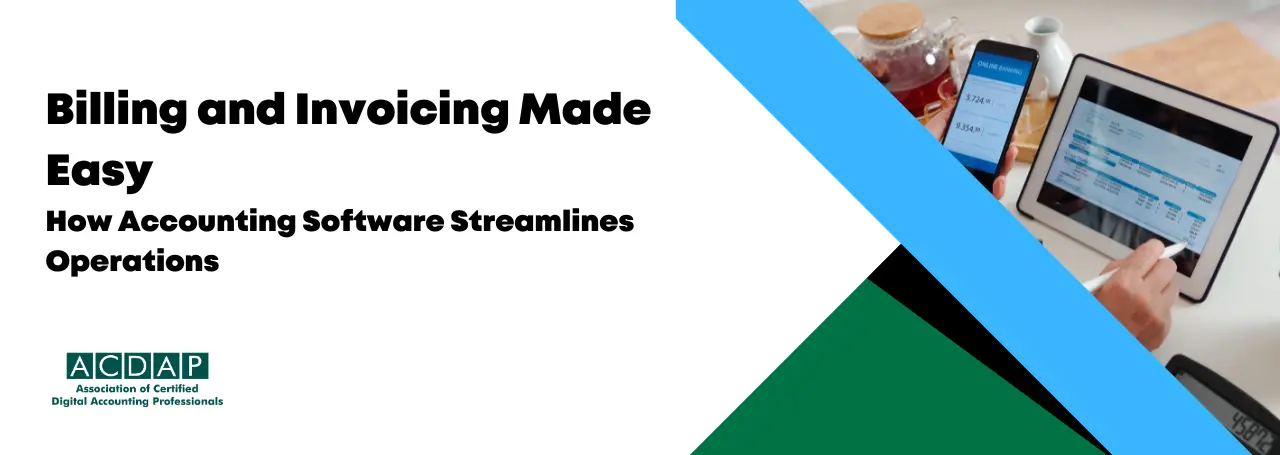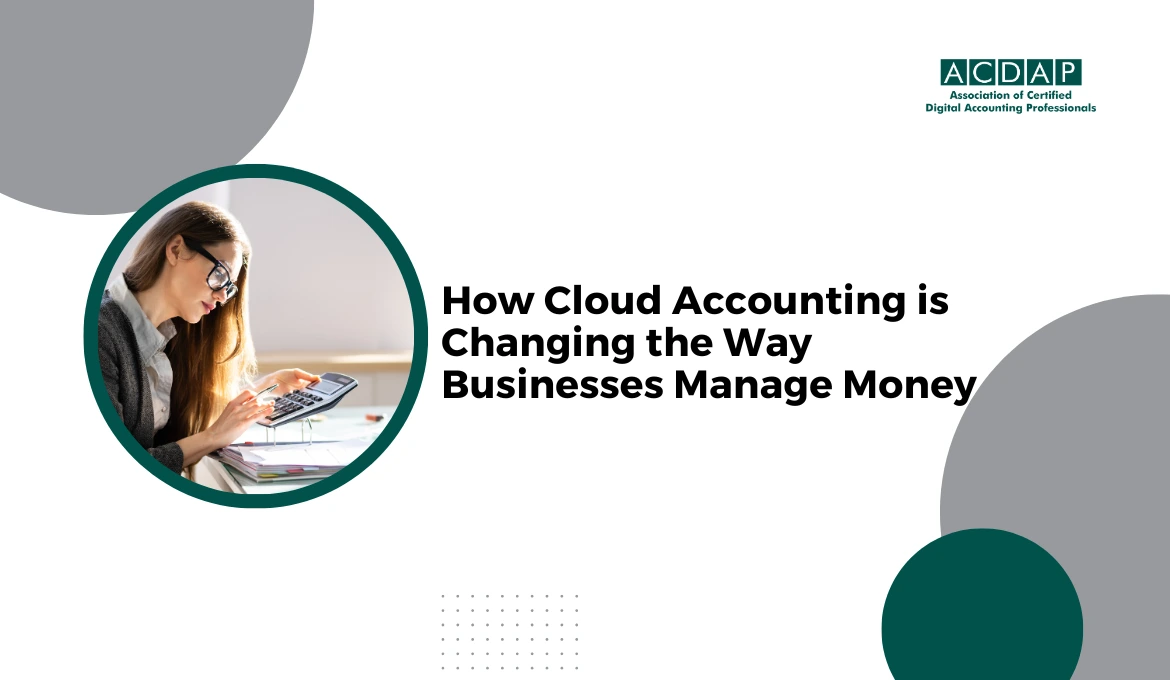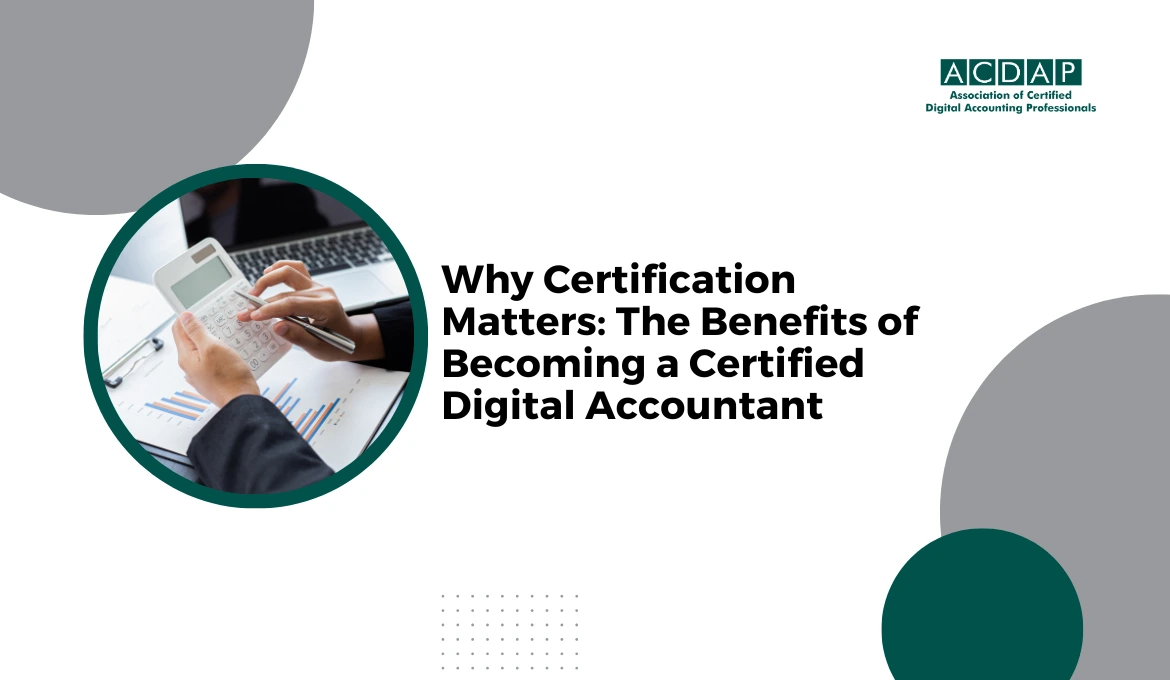In today's fast-paced business world, efficiently managing billing, accounting, and invoicing is crucial for businesses of any size. Manual methods are slow and prone to mistakes, causing delays and possible financial issues.
Fortunately, advanced accounting software can streamline companies' operations, saving time, reducing errors, and boosting productivity. This blog post will explore how accounting software transforms billing and invoicing processes, making them smooth and trouble-free.
Simplifying Billing Processes
Billing is a fundamental aspect of any business operation. It involves generating invoices, tracking payments, and managing accounts receivable. Traditional billing methods often involve manual data entry, which is tedious and leaves room for errors.
Accounting software automates billing, allowing businesses to generate invoices quickly and accurately. Companies can create customised invoice templates tailored to their branding and specifications with accounting software.
These templates can include company logos, payment terms, and itemised lists of products or services rendered. Automation features enable businesses to schedule recurring invoices for regular clients, eliminating the need for manual intervention each time.
Furthermore, accounting software integrates seamlessly with payment gateways, allowing customers to pay invoices electronically. This expedites the payment process and improves cash flow for businesses. Businesses can devote more time to core activities by automating billing processes, ultimately driving growth and profitability.
Streamlining Invoicing Procedures
Invoicing is a critical component of the billing cycle, representing a formal request for payment from the customer. Manual invoicing processes are prone to errors and delays, frustrating businesses and clients. Accounting software streamlines invoicing procedures, ensuring accuracy and timeliness when issuing invoices.
Accounting software offers a valuable feature: automatic invoice generation based on preset criteria. Businesses can establish rules to generate invoices automatically when a project is finished or goods are delivered, removing the need for manual work. This saves time and minimises the chance of mistakes.
Additionally, accounting software offers real-time visibility into invoice status, enabling businesses to track payments and outstanding balances effortlessly. It can send automated reminders to clients for overdue invoices, encouraging prompt payment and boosting cash flow. By streamlining invoicing processes, businesses can improve customer satisfaction and nurture solid financial relationships.
Enhancing Accounting Efficiency
Accounting is the backbone of any business, encompassing financial record-keeping, reporting, and analysis. Manual accounting processes could be more efficient for modern companies because they are time-consuming and prone to errors.
Accounting software revolutionises how businesses manage their finances, offering myriad features to enhance efficiency and accuracy. Accounting software's key advantage is its ability to automate data entry tasks.
By integrating with bank feeds and third-party applications, accounting software can import transactions seamlessly, eliminating the need for manual input. This saves time and reduces the risk of data entry errors.
Furthermore, accounting software offers robust reporting tools, enabling businesses to gain awareness of their financial performance. Customisable dashboards and financial statements enable tracking key metrics, identifying trends, and making informed decisions.
By enhancing accounting efficiency, businesses can foster growth, manage risks, and remain competitive in today's dynamic market.
Ensuring Compliance and Security
Accounting software is essential for smoothening operations and ensuring compliance with regulations. Given the strict data protection laws, businesses require robust systems to safeguard financial information from unauthorised access and breaches.
Accounting software secures sensitive financial information with advanced security measures, such as encryption and multi-factor authentication. Regular updates and patches keep the system resilient against emerging threats.
Audit trails and user permissions also ensure accountability and transparency, letting businesses track changes and limit access to sensitive data.
Furthermore, accounting software helps businesses comply with tax regulations by automating tax calculations and filings. Built-in tax rules and updates ensure accuracy and consistency in tax reporting, reducing the risk of non-compliance and penalties.
By prioritising compliance and security, businesses can build trust with stakeholders and safeguard their reputation in the marketplace.
The Bottom Line
Accounting software has transformed how businesses handle billing, accounting, and invoicing. Automating tasks, streamlining workflows, and improving data accuracy help companies operate more efficiently. Additionally, compliance and security features offer peace of mind, assisting businesses in focusing on growth in today's competitive landscape. Embracing accounting software isn't just about modernising operations; it's about staying ahead and setting up for long-term success.


























